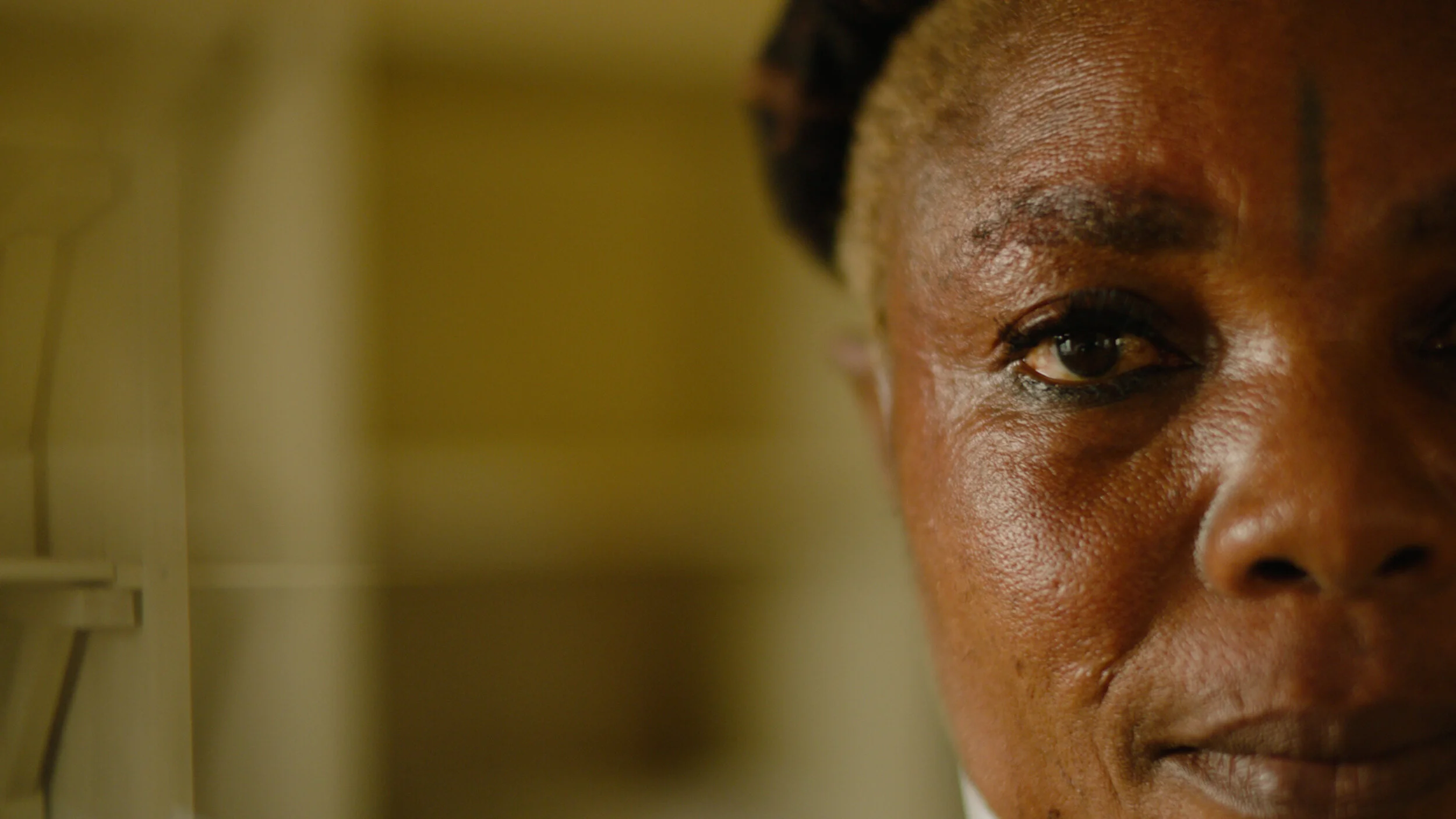In partnership with the Ministry of Health & Sanitation, our comprehensive investments in Sierra Leone’s public health system are transforming health outcomes in hospitals, clinics, and communities once considered clinical deserts.
Equity in Action
Sierra Leone has long struggled with some of the world’s worst health outcomes—including a maternal mortality epidemic in which a woman’s lifetime risk of dying in pregnancy or childbirth is 1 in 20.
Extreme poverty prevents most families from accessing health care. And often the care they need isn’t available, given the country’s severe shortage of trained clinicians, health infrastructure, and medical supplies.
West Africa’s historic Ebola outbreak intensified all of these problems, and further eroded Sierra Leone’s already weak health system. So when the government requested PIH’s help to end the outbreak, we agreed—and committed to staying long past Ebola, to build and strengthen a health system founded on every Sierra Leonean’s right to health.
Renewing Health in Kono
In Kono District, a rural eastern region of 500,00 people, famous for its diamond mines and as the epicenter of Sierra Leone’s decade-long civil war, PIH is investing in every level of the health system. We operate Wellbody Clinic; support Koidu Government Hospital (KGH) , Kono’s only hospital; and are supporting smaller public primary health clinics throughout the district.
Our ongoing investments alongside the government in clinical training, infrastructure, and supply chain have equipped clinicians, pharmacists, and lab techs with what they need to deliver lifesaving care. Today, Wellbody and KGH are widely celebrated as the best health facilities in the country.
Community-Based Care
PIH employs a network of community health workers (CHWs) under the Ministry of Health & Sanitation, who link patients to health facilities and social support. CHWs maintain close relationships with patients and their families, making regular home visits during which they check on patients’ health and well-being, refer and accompany them to care, and connect them with social support from PIH, such as food packages, housing repairs, transportation, and educational opportunities like adult literacy courses.
The success of our CHW program has been scaled in the years since we first piloted it in Sierra Leone, as the government adapted our model nationally for HIV and TB care.
Model Primary Care
Wellbody Clinic is our model primary health clinic, providing expert care—from vaccinations, to malnutrition care, to HIV treatment and counseling—to families across Kono.
The clinic is setting new standards for health care—not just in Kono, but nationally. Wellbody saw no maternal deaths for four years straight, thanks to mentorship of maternity staff and newly built maternal waiting homes—facilities where women with high-risk pregnancies can stay for 24-hour monitoring ahead of their due dates.
Wellbody is the first health facility in the country fully reliant on an electronic medical record system. Developed and implemented by PIH, it ensures clinicians quick access to comprehensive, up-tp-date medical histories, in order to better inform care.
Expanded Primary Care
With Wellbody as a model, we’re expanding our support to public primary health units throughout Kono District, to ensure that every household, no matter how rural, has access to a clinic offering dignified, high-quality basic health care and a strong referral system to the hospital for serious cases. With improved infrastructure, stocked pharmacy shelves, functioning labs, and staff receiving continuous training and mentorship, families are taking notice, attending their local clinics with newfound trust and in unprecedented numbers. For one rural health center, in its first full year as a renovated, resourced facility, average monthly patient attendance rose from 524 to 2,319—meaning more people than ever before are accessing health care they once went without.
Unprecedented Hospital Care
At Koidu Government Hospital—the only secondary care facility in Kono—we’ve established resources as basic as 24-hour electricity and running water, to as advanced as oxygen production and a functioning blood bank.
We employ the district’s only specialized OB/GYNs, pediatrician, and psychiatrist. We’ve introduced an emergency room and special care baby unit, established chronic disease care, and made lifesaving C-sections and other surgeries available 24 hours a day.
And we maintain a steady flow of vital medical supplies and medications to ensure quality care for any number of health issues—from diabetes, to tuberculosis, to obstructed labor.
Supporting Specialty Care in Freetown
Capital city Freetown is home to the country’s only specialized, dedicated hospitals for tuberculosis and mental health care: Lakka Government Hospital and Sierra Leone Psychiatric Teaching Hospital. In partnership with the government, we’re making investments in these facilities that are setting new precedents for what’s possible in mental health care and TB care, both in Sierra Leone and around the world.
TB Care for All
At Lakka, we’ve worked with the National TB Program to introduce never-before-available care for multidrug-resistant tuberculosis, are renovating hospital infrastructure to make it more comfortable for inpatients, have introduced new clinical capacities like a critical care unit, and provide social support, like food packages and transportation stipends, to ensure that patients can adhere to treatment and attend their appointments.
Today, the hospital is seeing among the world’s highest cure rates for multidrug-resistant tuberculosis.
Dignified Mental Health Care
At Sierra Leone Psychiatric Teaching Hospital, our supply chain has introduced life-changing medications for patients with severe mental health conditions, while extensive building renovations mean patients now stay in a comfortable facility with never-before-available electricity and plumbing.
The hospital— the oldest psychiatric hospital in sub-Saharan Africa, opened in 1820—used to be so under resourced that clinicians had no choice but to rely on chains to confine patients to their beds for the sake of safety. Now, with stocked pharmacy shelves, dignified infrastructure, and added clinical expertise, chains are no longer used—or even necessary.










